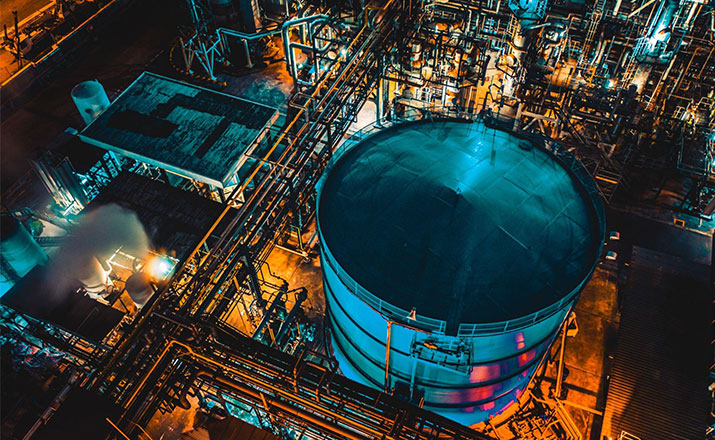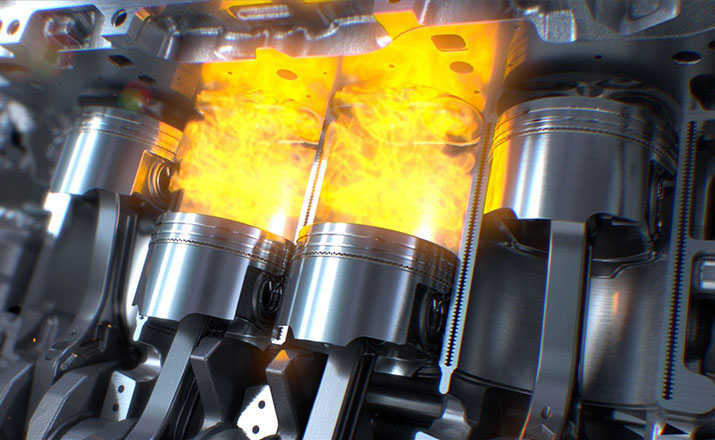Sept
09
Diesel fuel is used for many tasks.
Diesel engines power a wide range of vehicles and equipment, from trucks, trains, boats, and buses to farm and construction machinery.
Read More
Diesel fuel continues to be the lifeblood of numerous industries, driving a variety of vehicles and machinery essential to everyday life. From transporting goods to powering construction sites, diesel engines remain indispensable in various sectors. Here's a closer look at how diesel fuel is shaping the modern world:
1. Transporting Goods Across Continents:
Diesel-powered trucks and trains play a pivotal role in global logistics, ensuring the timely delivery of goods across vast distances. With their robust engines and fuel efficiency, diesel vehicles remain the preferred choice for transporting cargo, supporting international trade and commerce.
2. Navigating the Seas:
Diesel engines propel a significant portion of the world's maritime fleet, including cargo ships, ferries, and fishing boats. These engines provide the necessary power and reliability to navigate the oceans, connecting nations and facilitating the exchange of goods and cultures.
3. Driving Public Transportation:
Buses running on diesel engines form the backbone of public transportation in many cities. Their ability to handle heavy passenger loads and cover extensive urban networks makes them a vital component of public transit systems, ensuring millions of people reach their destinations daily.
4. Powering Agriculture and Construction:
In agriculture, diesel engines are found in tractors, combines, and irrigation systems, revolutionizing farming practices and increasing agricultural productivity. Similarly, in the construction industry, diesel-powered machinery such as excavators, bulldozers, and cranes handle demanding tasks, contributing to the development of infrastructure worldwide.
5. Advancements in Diesel Technology:
Ongoing research and development in diesel technology are making engines more efficient, environmentally friendly, and cost-effective. Innovations in fuel injection systems and exhaust after-treatment technologies are reducing emissions, addressing environmental concerns, and ensuring compliance with stringent regulations.
6. Sustainable Diesel:
Efforts are underway to produce sustainable diesel fuels, further minimizing the environmental impact of diesel-powered machinery. Biofuels derived from organic materials and synthetic diesel made from renewable sources are promising alternatives, aligning with global initiatives to reduce carbon emissions and combat climate change.
As the world continues to rely on diesel engines for various tasks, ongoing advancements and sustainable practices are shaping the future of this essential fuel, ensuring its continued role in powering our interconnected world.




